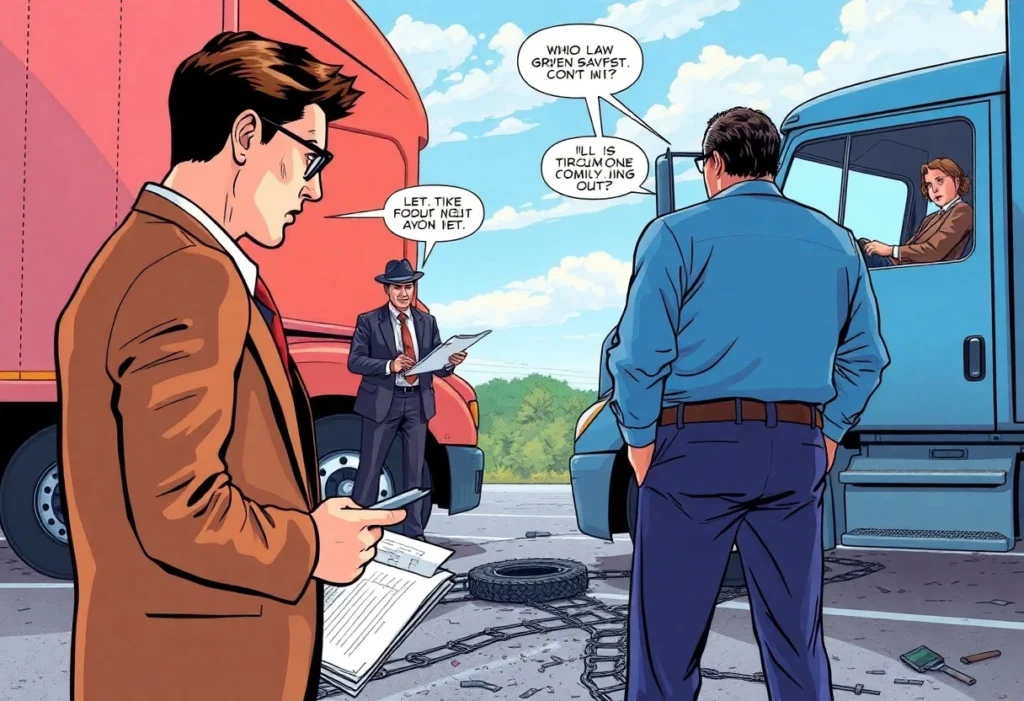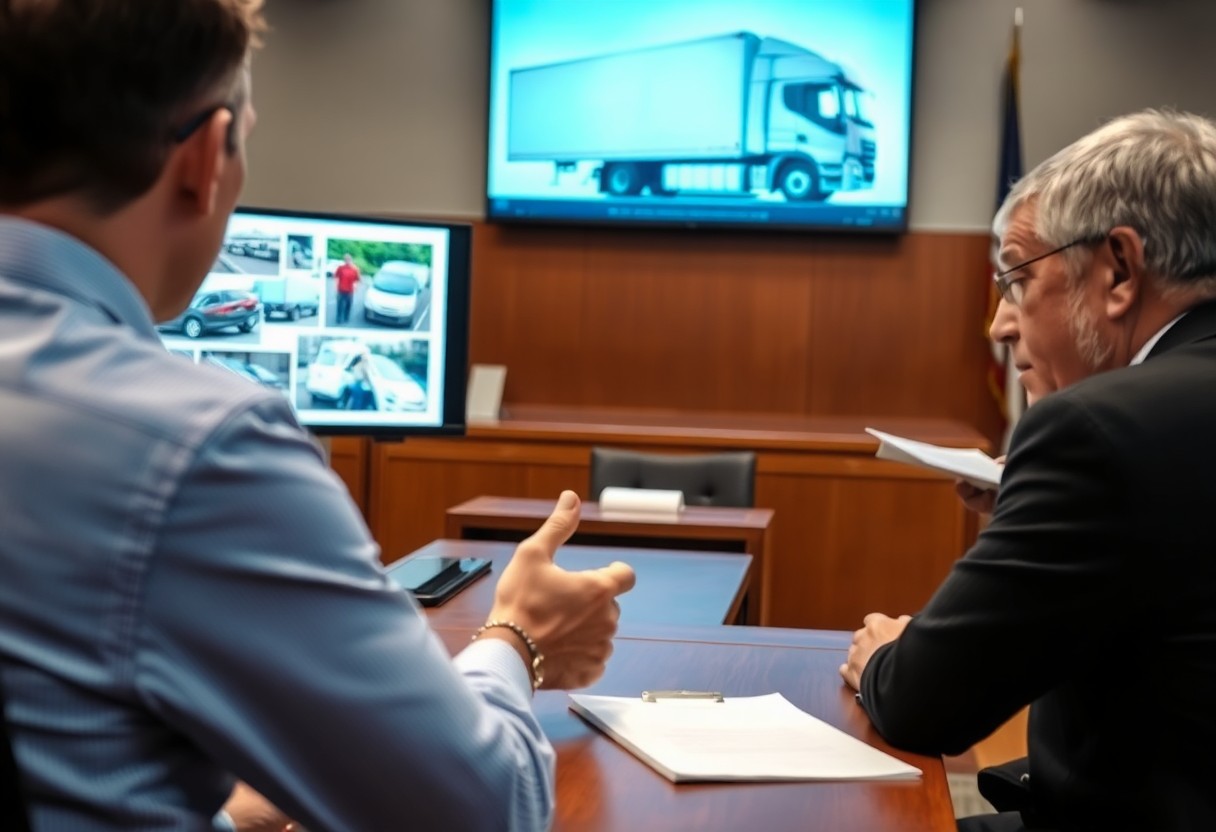Accidents involving trucks can lead to devastating consequences for everyone involved. When you find yourself in such a situation, the collection of evidence becomes a vital step in determining liability and supporting your claims. Gathering evidence not only strengthens your case but also aids in securing fair compensation for your injuries and damages.
First and foremost, witness statements play a critical role in any truck accident case. As soon as possible after the accident, speak to any bystanders who may have seen the incident occur. Their observations can provide valuable insights into the events leading up to the accident and help establish a clearer picture of what went wrong. Make sure to collect their contact information so that your legal team can follow up if necessary.
In addition to witness accounts, photographic evidence is important. You should take clear, detailed pictures of the accident scene, including the vehicles involved, any visible damages, skid marks on the road, traffic signals, and even the weather conditions. This visual representation can significantly aid in reconstructing the events of the accident. If you’re unable to take photos yourself due to injuries, ask someone you trust to help you gather this crucial information.
The police report generated after the accident is another key piece of evidence. When the police arrive at the scene, they will document the incident and create a report that includes their observations, the statements of those involved, and any citations issued. Obtaining a copy of this report is important, as it serves as an official account of the accident that can support your claims.
In many truck accident cases, medical records also play a significant role. You should seek medical attention right away, even if you feel fine initially. Injuries may not be immediately apparent, and getting checked out by a medical professional not only ensures your health but also creates a record of any injuries you sustained in the accident. This documentation will be important when pursuing compensation for medical expenses and pain and suffering later on.
Furthermore, you should gather maintenance records of the commercial truck involved in the accident. If the truck was not properly maintained, this may indicate negligence on the part of the driver or the trucking company, strengthening your case significantly. You may need to work with your attorney to obtain these records, as accessing them can sometimes be complicated.
After a truck accident, it is also wise to collect evidence related to driver behavior, such as any history of violations or fatigue. This can further illustrate whether negligent actions contributed to the accident. If you can obtain logbooks, GPS data, or dashcam footage, it can serve as additional evidence in your pursuit of justice.
In the aggregate, evidence collection is a fundamental part of any truck accident case. By being proactive and gathering the right information, you not only strengthen your case but also position yourself for a more favorable outcome in your pursuit of justice. Make sure you prioritize this task, as it can significantly impact the resolution of your case.










